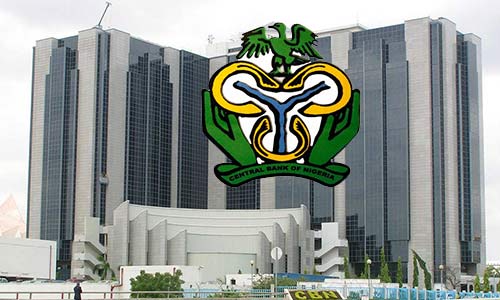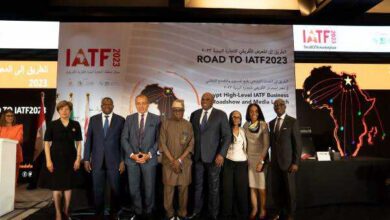
- As policy threatens aviation sector
Following rising demands for foreign exchange by individuals and businesses in Nigeria and the unprecedented crash of the naira, the Central Bank of Nigeria (CBN) has asked stakeholders to resist the urge of accepting speculators’ gimmicks and manipulations in the foreign exchange market.
Director, Corporate Communications of CBN, Osita Nwansobi, who made the call in Abuja, recently said the apex bank remained committed to resolving the foreign exchange crisis confronting the nation, as it has been working to manage the demand and supply sides of the market.

The CBN spokesman, however, admitted that there was actually huge demand pressure for foreign exchange to meet the needs of manufacturers as well as payment of tuition, medical fees and other invisible items.
He said the bank was concerned about the international value of the naira, adding that the monetary authority was strategising to help Nigeria earn more stable and sustainable inflow of foreign exchange in the face of dwindling revenue from the oil sector.
Read Also: AMCON returns Standard Company to Imo state government
Nwansobi noted the RT200FX programme and the Naira4Dollar rebate scheme, as well as other initiatives undertaken by the bank have helped to increase foreign exchange inflows into the country.
He said the bank’s records showed that foreign exchange inflow through the RT200FX programme in the first and second quarters of 2022 increased significantly to about $600 million as of June 2022, adding: “The Naira4Dollar incentive also increased the volume of Diaspora remittances during the first half of the year.”
According to him, interventions such as the 100-for-100 policy on production and productivity, Anchor Borrower Programme (ABP) and the Non-oil Export Stimulation Facility (NESF), among others, were also geared toward diversifying the economy, enhancing inflow of foreign exchange, stimulating production and reducing the pressure of foreign exchange demands.
The bank will continue to make deliberate efforts in the foreign exchange sector to avert further downward slide in the value of the naira fuelled by speculative tendencies,” he said.
He stressed CBN Governor, Godwin Emefiele’s advice to Nigerians to adjust their consumption patterns by looking inwards and finding innovative solutions to the country’s economic challenges.
Nwanisobi added that monetary policy alone would not solve all the changes surrounding foreign exchange demand and supply in the country, adding: “It is our collective duty as Nigerians to shore up the value of the naira.”
Meanwhile, stakeholders of the aviation industry have expressed concern that more airlines could follow suit if the CBN, which restricts access to foreign currency to tackle the severe dollar shortage, failed to adequately address the challenges facing airlines in the country.
It would be recalled that aviation fuel, also known as Jet A1 currently sold for about N1,000 per litre, while the naira is currently exchanging for about N710 to $1 in the parallel market.
Nigeria, which gets roughly 90 per cent of its foreign exchange from crude oil sales, is struggling to produce due to pipeline vandalism and crude oil theft, in addition to years of underinvestment and official mismanagement of proceeds from crude oil sales.
It would also be recalled that amid similar foreign exchange restrictions in 2016, several airlines reduced their flights and carriers, while Iberia and United Airlines stopped flights to Nigerian.
The International Air Transport Association (IATA) said in June this year that Nigeria was withholding hundreds of millions in revenue that international carriers operating in the country had earned.




